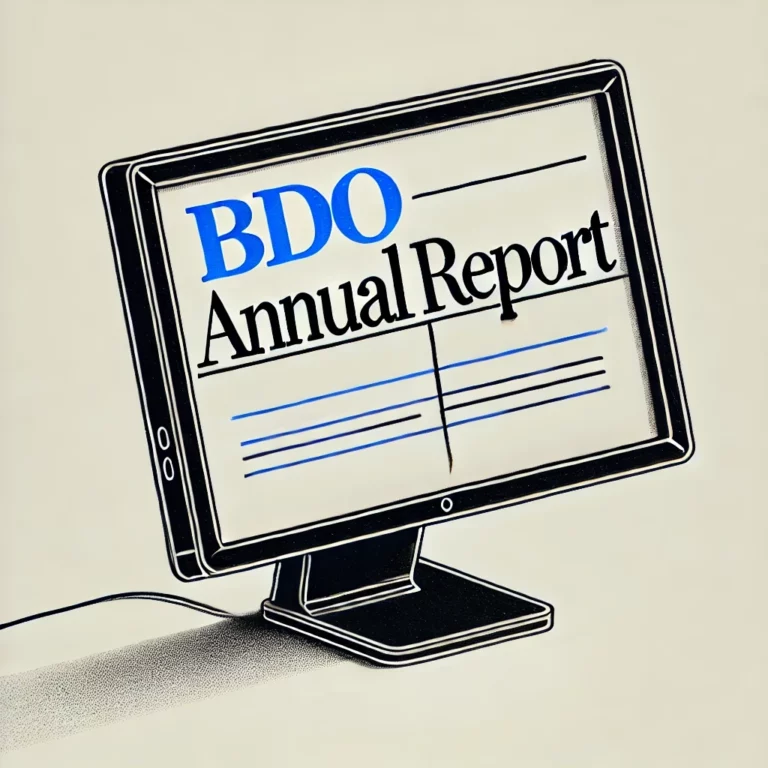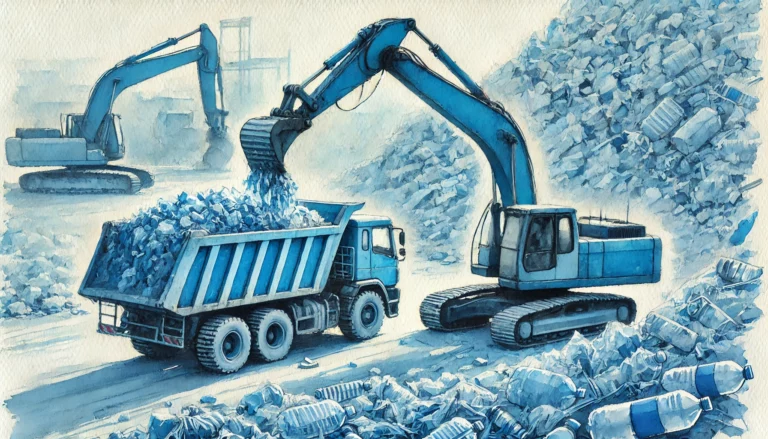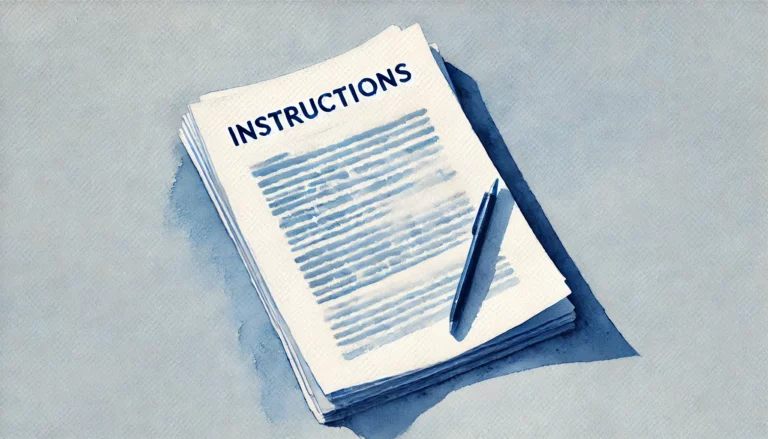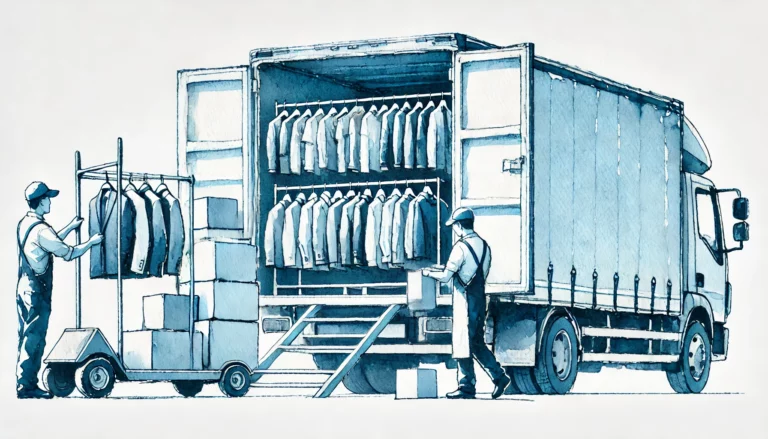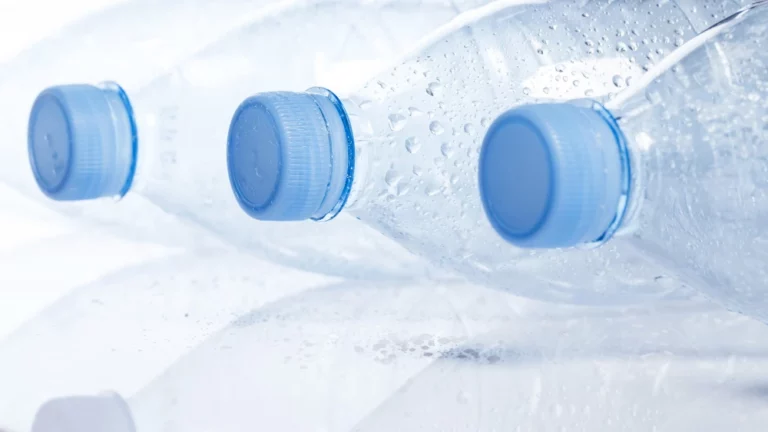Waste prevention programs in Europe: a comparative analysis
Waste prevention is a crucial component of the European Union’s environmental strategy, aiming to minimize the generation of waste and its negative impacts on the environment. This article explores the varied landscape of waste prevention policies across the EU, identifying both leaders in the field and countries facing challenges, with a special emphasis on the role of waste transport in these efforts.
Several EU countries have emerged as leaders in waste prevention, showcasing effective strategies that others could emulate.
Waste prevention policies in Sweden
Sweden’s journey towards a circular economy significantly reduces its environmental footprint, marking a shift towards sustainability. Innovative recycling technologies play a pivotal role, alongside policies that foster product reuse and material recovery. The nation proudly achieves a recycling rate of over 50%, with virtually less than 1% of household waste finding its way to landfills. This success is partly due to advanced waste-to-energy programs, which adeptly transform waste into a valuable energy source.
Moreover, Sweden’s environmental strategy encourages consumer participation in sustainability. Initiatives like offering reduced VAT rates for repair services subtly nudge consumers towards repairing rather than replacing items. This approach not only extends the lifecycle of products but also curtails the need for new resources. Consequently, these policies underscore Sweden’s commitment to a holistic and sustainable circular economy, firmly establishing it as a global leader in environmental stewardship.
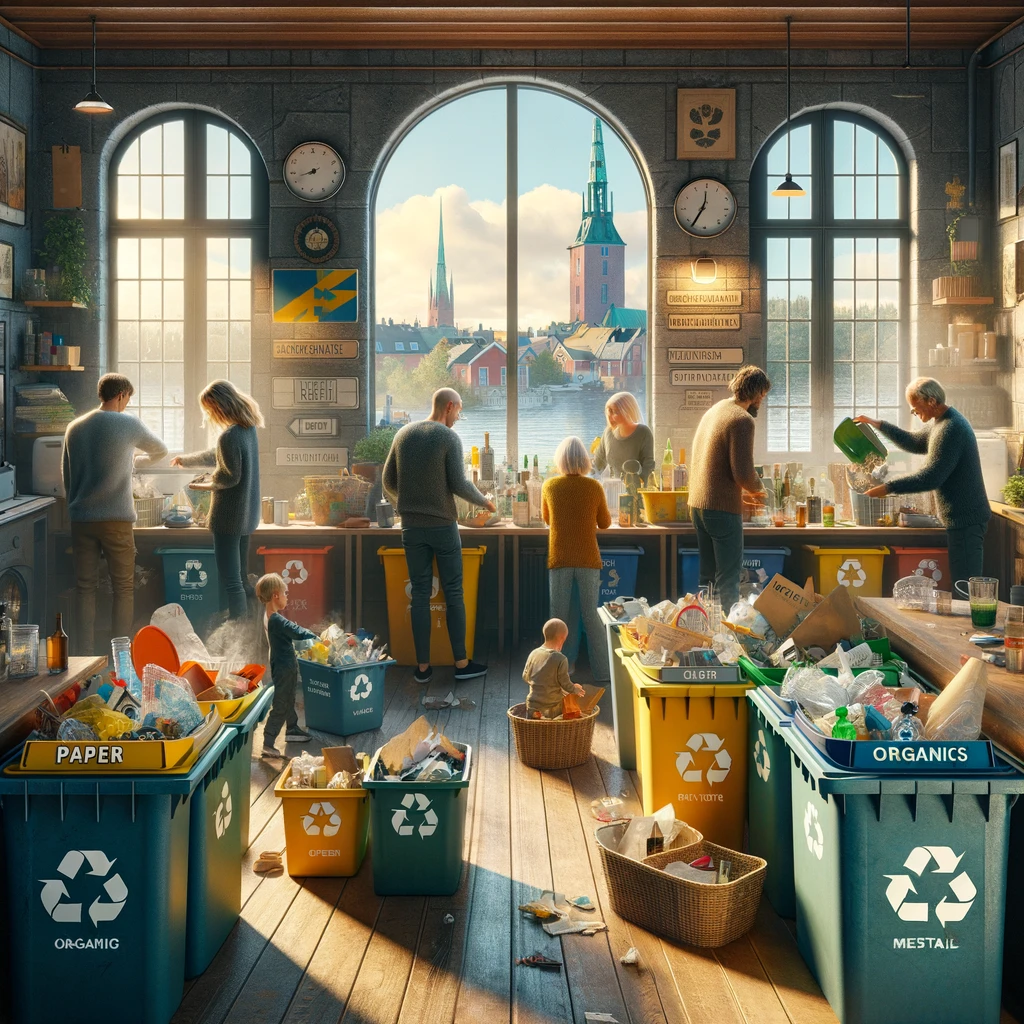
Germany: Innovating in recycling
Germany’s waste prevention efforts are a testament to the country’s commitment to sustainability, blending innovative systems with legislative measures to minimize waste. At the heart of these initiatives is the Deposit Refund System (DRS), which boasts a 98.4% return rate for bottles, underscoring the scheme’s effectiveness in promoting recycling through financial incentives for consumers. Additionally, the Green Dot System, which compels manufacturers to label recyclable packaging, has significantly reduced packaging waste, paving the way for a more sustainable approach to waste management across Europe.
Legislative frameworks such as the Packaging Ordinance and the Closed Substance Cycle and Waste Management Act further exemplify Germany’s proactive stance on waste reduction. These laws enforce stringent recycling and recovery requirements for manufacturers, embracing the polluter-pays principle to foster a recycling culture among the public and increase recycling rates. This legislative backbone has been crucial in positioning Germany as a recycling leader, demonstrating the potent combination of policy and public participation in achieving environmental goals .
Moreover, Germany’s national waste prevention programs and strategies against food waste are comprehensive, targeting various sectors to identify and utilize waste prevention measures without compromising economic, social, or environmental well-being. Efforts to halve per capita food waste by 2030 reflect an all-encompassing approach to waste prevention, emphasizing the importance of collaboration among stakeholders. Through a mix of awareness, communication, and targeted actions, Germany is making significant strides towards a more sustainable future, setting a benchmark for effective waste management and prevention practices worldwide
How Belgium tackled waste prevention
Belgium’s waste prevention and recycling achievements are notably efficient, thanks to a well-organized system that includes color-coded bins for various types of waste, such as plastics, metals, drinks (PMD), glass, paper, cardboard, and organic kitchen waste. This system is supplemented by a mobile app and website guidance from Fost Plus, encouraging meticulous sorting and disposal practices.
Remarkably, Belgium has already met the EU’s recycling target for plastics, with over 51% of plastic packaging recycled in 2020, and has impressively recycled an average of 29.7kg of glass per citizen in 2021. These successes underscore Belgium’s proactive approach to reducing waste and promoting recycling through both innovative solutions and community participation.
Despite successes, some EU countries struggle with waste prevention due to various factors, including inadequate infrastructure, lack of public awareness, and insufficient policy frameworks.
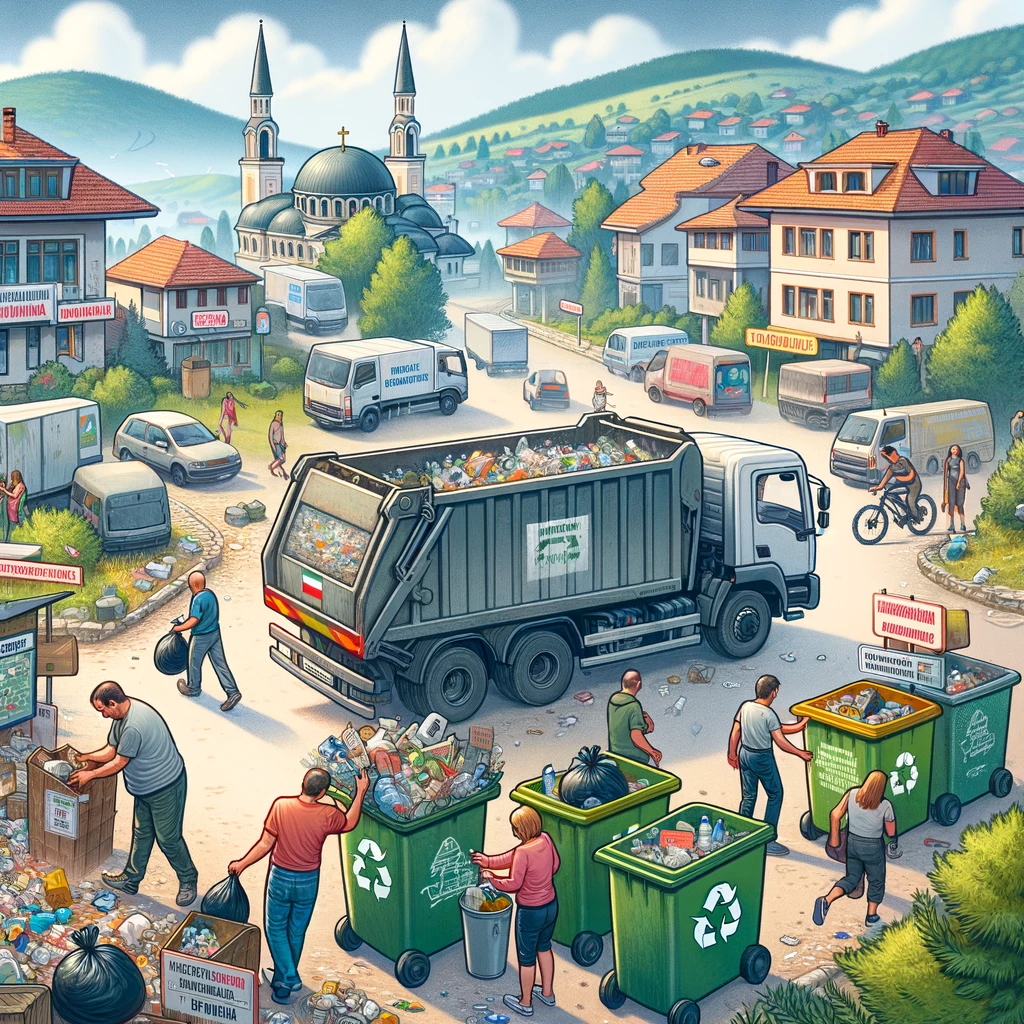
Romania: Infrastructure gaps
Romania’s journey towards effective waste management is fraught with challenges, highlighted by its struggle to align with EU directives and achieve recycling and landfill reduction targets. In 2019, Romania’s recycling rate for municipal waste was a mere 13.89%, far below the EU’s ambitions. The complexity of this issue is compounded by a low degree of separate collection of municipal waste, estimated between 3.2% and 5.3% . Such statistics underscore the country’s urgent need for systemic improvements in waste management practices.
Romania’s waste management infrastructure struggles due to underdevelopment and significant gaps, making it challenging to manage, recycle, and reduce waste efficiently. Coordination issues at local and county levels, alongside problematic collaborations between Administrative Territorial Units (UATs) and Extended Producer Responsibility Organizations (OIREPs), further hamper recycling efforts due to financial constraints and legislative misunderstandings.
Moreover, delays in the implementation of integrated waste management systems, high service tariffs, and a lack of cohesive operations slow progress towards meeting recycling targets. Despite some regions showing promise, operational inefficiencies and the need for more advanced equipment persist. A strategic, unified approach aligning with EU directives is crucial for advancing Romania’s waste management capabilities.
Bulgaria: Policy and participation hurdles
Bulgaria’s waste management policies target reducing single-use plastics and enhancing recycling, in line with EU directives. Bans on certain plastic products and marking requirements for others aim to inform consumers about proper disposal and the environmental impact of waste. Extended producer responsibility measures further push producers towards recycling efforts and reducing product waste. This approach indicates Bulgaria’s dedication to sustainable waste practices and the reduction of landfill usage, highlighting the country’s commitment to environmental responsibility.
Despite these policies, Bulgaria faces challenges similar to Romania, with low recycling rates underscoring the need for improved waste management infrastructure. Efforts to align with EU waste management standards reveal a broader regional challenge in Eastern Europe: the transition towards efficient recycling systems. Bulgaria’s progression in waste management will likely depend on enhancing infrastructure, policy enforcement, and public engagement in recycling and waste prevention, underlining the significance of a comprehensive approach to achieve environmental sustainability goals.
Greece’s road to sustainable practices
In 2015, Greece laid the foundation for improved waste management and a shift towards a circular economy with its National Waste Management Plan (NWMP), in alignment with EU directives. This plan targets a significant reduction in landfill use, an increase in recycling rates, and the safe disposal of hazardous substances. Key challenges include the waste management on its many islands and the spike in waste volumes during the tourist season. To address these, the plan sets ambitious recycling goals to be met by 2025 and aims to cut down on greenhouse gas emissions from waste.
Supporting this initiative, the Deutsche Gesellschaft für Internationale Zusammenarbeit (GIZ) GmbH, backed by the European Union, has been collaborating with the Greek government on refining the NWMP and kick-starting early measures. This collaboration has focused on enhancing municipal waste management, streamlining waste classification, and handling specific types of waste like organic materials, construction debris, hazardous waste, and sewage sludge. Efforts have also been directed towards sharing best practices, enhancing stakeholder competencies, and examining economic incentives to encourage waste reduction and recycling .
The role of waste transport in waste prevention
Waste transport plays a pivotal role in the efficiency of waste prevention efforts. Effective waste transport systems ensure that recyclable and reusable materials are efficiently separated and directed to appropriate processing facilities, thereby reducing the volume of waste that ends up in landfills. Moreover, streamlined waste transport logistics can significantly lower the carbon footprint associated with the movement of waste, aligning with the EU’s broader environmental sustainability goals.
***
The variance in waste prevention effectiveness across European countries underscores the importance of robust policy frameworks, public participation, and the integration of efficient waste transport systems. By learning from the successes of leading nations and addressing the gaps in countries lagging behind, Europe can move closer to its sustainability goals, with waste transport continuing to play a crucial role in these efforts.



